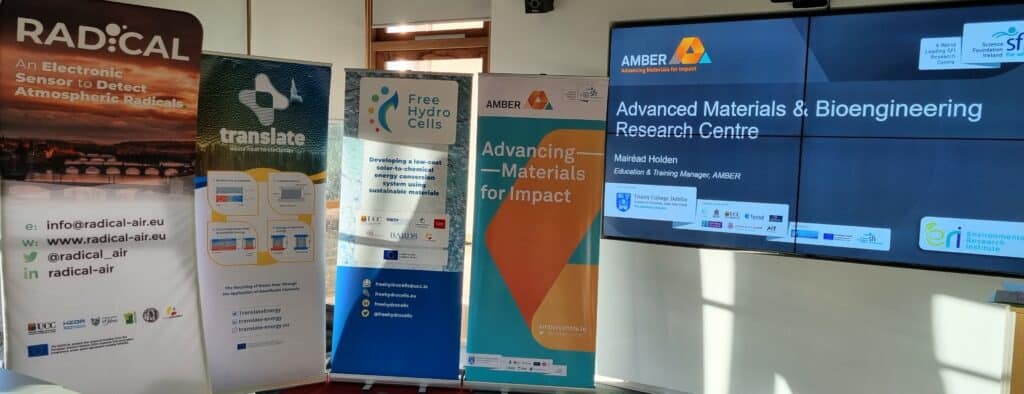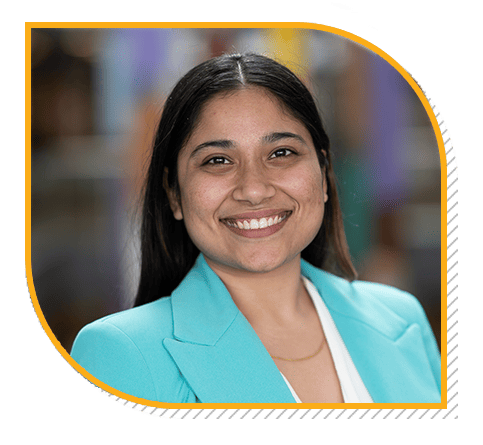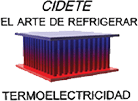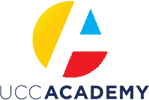In a world where scientific advancements and sustainable solutions are key to addressing global challenges, fostering the interest and enthusiasm of young minds is crucial. AMBER, Ireland’s leading materials science research centre, recently organised an outreach event for Transition Year students on 13th December 2023, at the Environmental Research Institute (ERI), University College Cork. The centrepiece of AMBER’s initiative is the annual “Exploring Materials” Transition Year work experience programme. This event provided a hands-on experience for students to delve into the world of scientific exploration.
Collaboration was at the forefront of this event, with EU research and innovation projects TRANSLATE, RADICAL, and FreeHydroCells coming together to organise this enriching experience for eight carefully selected Transition Year students from over one hundred applications to the programme. The event kicked off with Prof. Justin Holmes, the Principal Investigator for RADICAL and TRANSLATE projects, introducing the concept of sustainability, emphasising the need for alternative and sustainable energy sources, and the UN Sustainable Development Goals (SDGs).
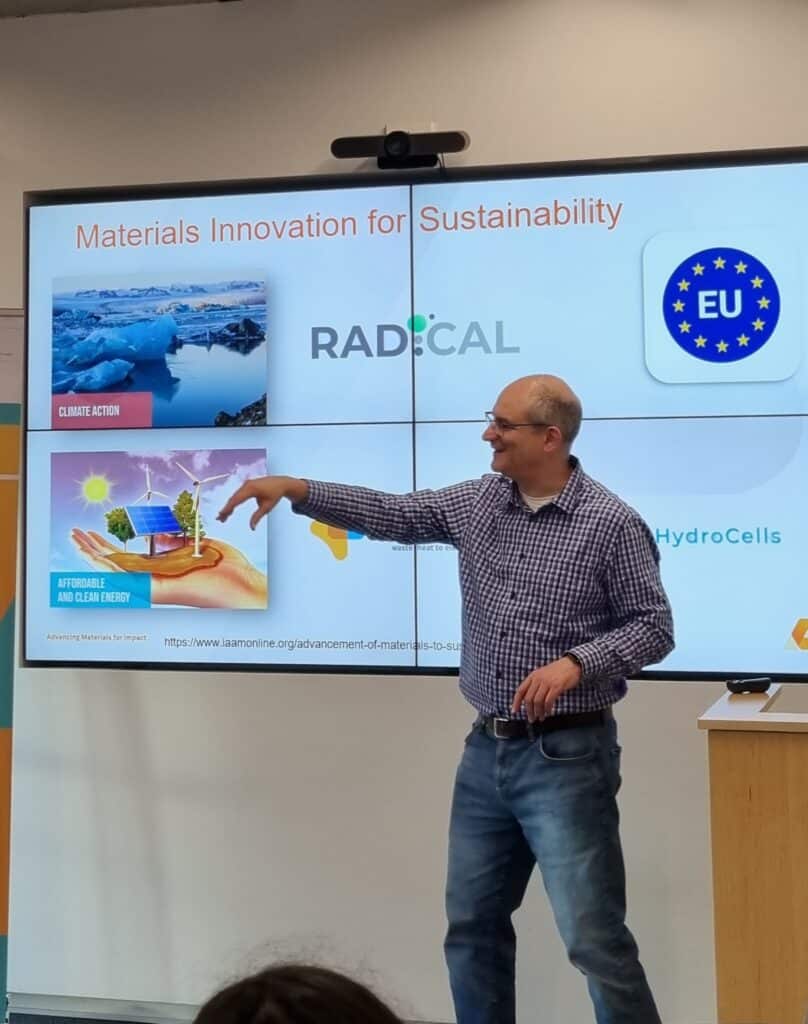
Prof. Holmes continued the conversation by explaining what radicals are and by briefly talking about the RADICAL project’s work on developing a low-cost sensor to electrically detect short-lived atmospheric radicals in real-time. This has never been done before, but if it works, the new RADICAL sensors will be cheap, small and able to be rolled out on a global scale to help better monitor and model the role of radicals in atmospheric chemistry.
Dr. Ievgen Nedrygailov then delved into the innovative nanofluidic platform technology of TRANSLATE. He demonstrated how we can use sustainable materials like wood to convert waste heat (which is approximately 70% of our daily energy consumption) into usable and storable electricity. This will help in increasing our energy efficiency and avoiding the adverse environmental impact of traditional lithium-ion batteries. In the presence of Dr. Ailbe Ó Manacháin (Dr. Scott Monaghan), the Principal Investigator for FreeHydroCells, Dr. Nedrygailov also explained to the students the aim of the FreeHydroCells project – to create a new solar-to-chemical energy system using bonds of molecular hydrogen as fuel.
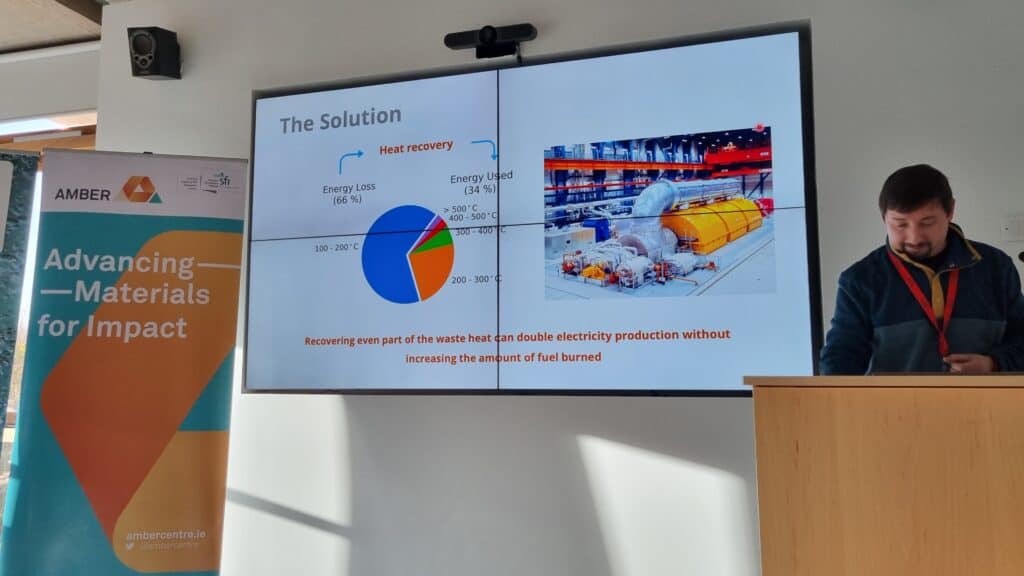
Dr. Ievgen Nedrygailov presenting to the students.
Following the informative sessions, students had the unique opportunity to explore the ERI lab and witness live demonstrations from each project. From the delignification of wood to the use of thermoelectric devices, and a hands-on experiment producing hydrogen bubbles from water photolysis, the students actively engaged with the science behind the sustainability project. Prof. Holmes also gave a brief tour of the atmospheric chamber which is being used to test the RADICAL sensors.
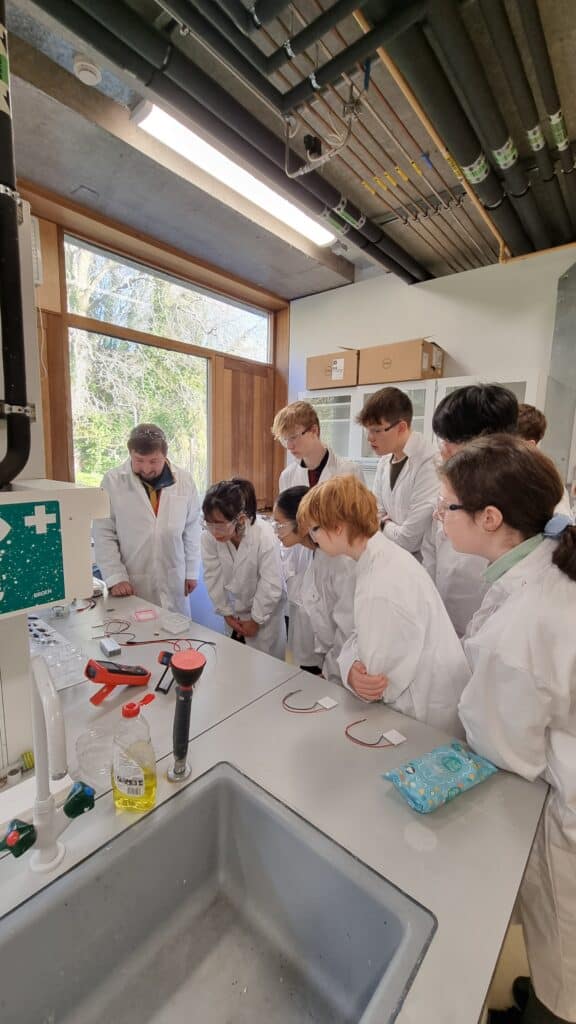
The event concluded with lunch and certificates of participation. The feedback from students following the event was overwhelmingly positive, with the only negative comment being the desire for a longer day! The event underscored the significance of free courses like these, offering students a unique chance to explore practical scientific research. The initiative, made possible by AMBER and through the dedication of researchers volunteering their time, plays a vital role in shaping the future of the scientific community by providing invaluable insights into real-life lab environments in the field of materials science and sustainable research.
As we reflect on the success of AMBER’s Transition Year event, it is evident that investing in the education of our youth is a powerful catalyst for positive change. By empowering the next generation with the tools and knowledge needed to address global challenges, we are fostering a community of sustainability leaders who will continue to drive innovation and shape a brighter future for us all. Here’s to the ongoing commitment to education and mentorship, paving the way for a more sustainable and interconnected world.
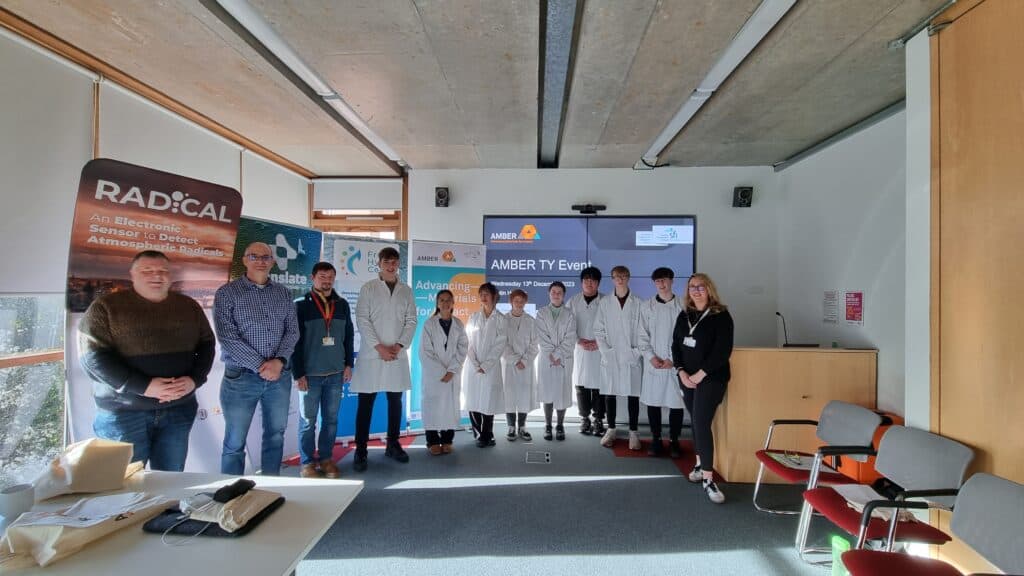
See a short video on the highlights of the day here and read more about our team here. Get in touch with us on LinkedIn and X (formally known as Twitter).

